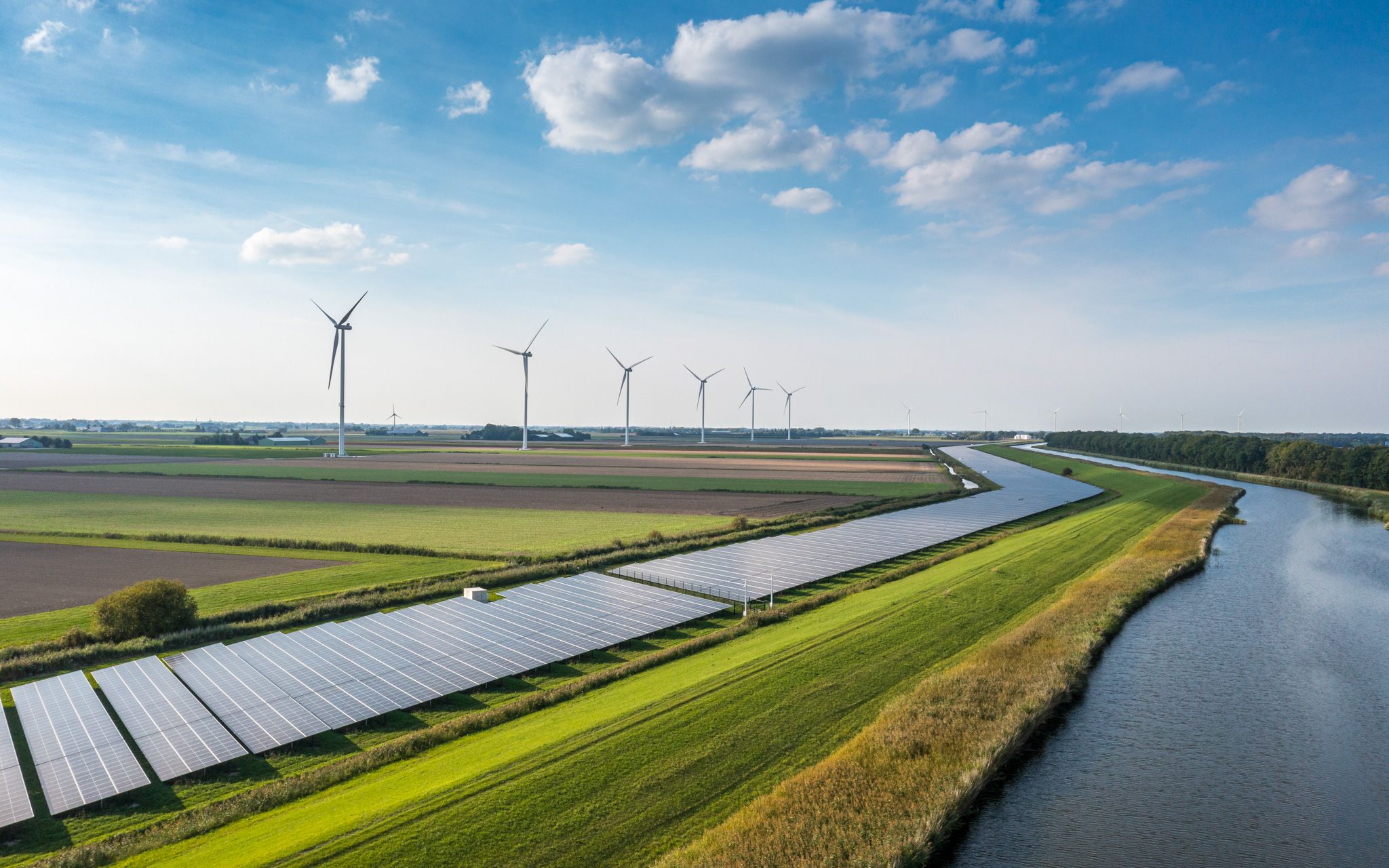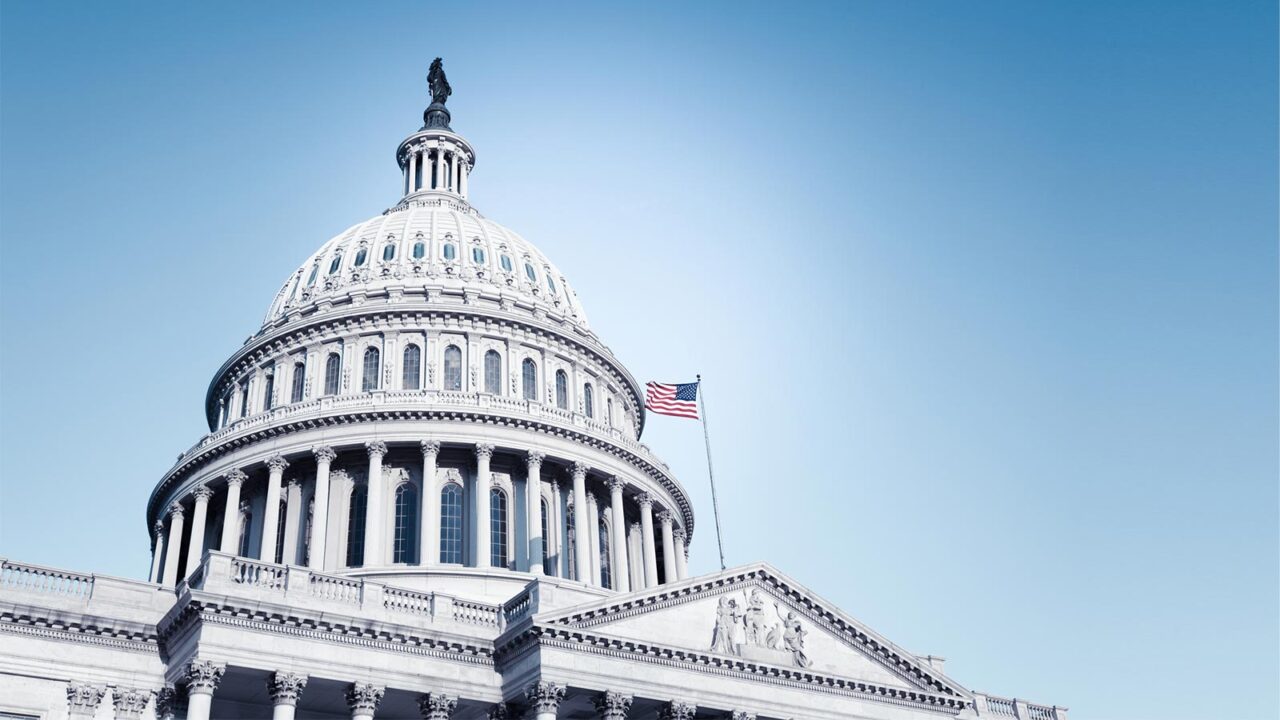The definition of insanity is doing the same thing over and over again and expecting a different result. But that’s been the Biden administration’s playbook. The president’s Infrastructure Investment and Jobs Act (IIJA) threw billions in taxpayer spending into a broken project-delivery process without making the critical reforms necessary to actually turn dirt and deliver on the promise of better infrastructure.
Since IIJA became law, we’ve seen inflation skyrocket. One critical flood protection project in my south Louisiana district has gone from being fully funded to only having half the money needed to finish the job.
How is this possible? That once-in-a-generation investment for infrastructure has just been sitting in the bank because the projects those dollars are supposed to fund have to go through the federal permitting process, known as the National Environmental Policy Act (NEPA). Right now, it takes an average of seven years to go through the permitting process for a highway project. And in that time, costs go up and economic opportunities are lost.
NEPA was enacted to ensure a respectful coexistence between the infrastructure the American economy needs to thrive without sacrificing the protection of our environment. But five decades later, the process has become a paper-pushing competition that puts projects in purgatory instead of figuring out how to build infrastructure responsibility.
Republican or Democrat, Cajun or Californian, the inefficient federal project-delivery system is impacting our ability to produce results for all Americans. We want to see solutions for flood protection, resiliency, highway improvements, coastal restoration or projects completed. But if we’re serious about improving our infrastructure, we need to fix this broken process.
The Republican-led House of Representatives has a solution: the Building U.S. Infrastructure through Limited Delays & Efficient Reviews (BUILDER) Act, which is part of H.R. 1—the Lower Energy Costs Act. This bill will uphold stringent environmental standards while modernizing NEPA, making project reviews more efficient, reducing project costs, spurring economic growth and rebuilding America responsibly.
The foundation of this legislation is a series of good governance improvements that require better communication and coordination across the federal bureaucracy, including establishing milestones and timelines, and ensuring that federal agencies’ involvement in the NEPA process stays focused on areas within their authority and expertise. The bill also advances accountability and transparency by expanding public access to information, allowing project managers to be involved in the process and prioritizing public participation instead of unnecessary litigation.
This bill is an opportunity to address the fundamental problems plaguing our communities and set our country up for a more efficient and responsible future. We’re pushing for permitting reform because it will create jobs, bolster our communities’ resiliency and set our country up for a stronger economic future—all while resulting in better environmental outcomes.
It’s a win-win proposal with bipartisan support and will actually result in the infrastructure improvements that the American people were promised.







